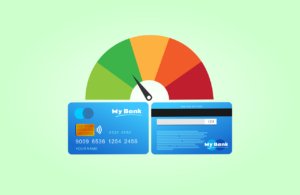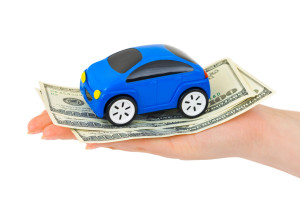 This week’s top story: Debt settlement hurts your credit score. In other news: Weekly mortgage rates fall, but existing home sales sag, DOJ files antitrust suit against Live Nation/Ticketmaster, and why the disconnect between economic strength and sentiment matters.
This week’s top story: Debt settlement hurts your credit score. In other news: Weekly mortgage rates fall, but existing home sales sag, DOJ files antitrust suit against Live Nation/Ticketmaster, and why the disconnect between economic strength and sentiment matters.
Is Debt Settlement a Good Idea?
Debt settlement hurts your credit score, and there’s no guarantee of success. Consider other debt relief options first.
Weekly Mortgage Rates Fall, But Existing Home Sales Sag
In what should be a reassuring display of good timing, mortgage rates fell for the third week in a row — right at the start of homebuying season.
DOJ Files Antitrust Suit Against Live Nation/Ticketmaster
A ticketing debacle in 2022 before Taylor Swift’s Eras Tour sparked federal investigations.
Why the Disconnect Between Economic Strength and Sentiment Matters
Over the past several years, the economy has been remarkable, in a literal sense; there has been a lot to talk about.
 Today’s top story: When debt relief does more harm than good. Also in the news: New ways to get more money for your old car, back-to-school tips for avoiding child identity theft, and the top sacrifices made by ‘super savers’.
Today’s top story: When debt relief does more harm than good. Also in the news: New ways to get more money for your old car, back-to-school tips for avoiding child identity theft, and the top sacrifices made by ‘super savers’. Today’s top story: How first-home shoppers can keep a cool head in a hot market. Also in the news: When debt relief does more harm than good, how to make a debt-free switch to cashless payments, and what to know before using buy now, pay later financing.
Today’s top story: How first-home shoppers can keep a cool head in a hot market. Also in the news: When debt relief does more harm than good, how to make a debt-free switch to cashless payments, and what to know before using buy now, pay later financing.